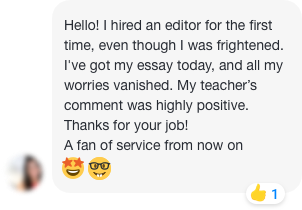

The author states that in order to understand the Cuban Missile Crisis, it is imperative to understand more about the Cold War, and how it led to the 13-day crisis that nearly destroyed the world. In the simplest terms, the Cold War was a competition between the Western World, the United States and its NATO allies versus the Easter Bloc.
Read More…The October produced a situation where the world moved the closest it ever had to a nuclear war. The conflict represents “the nadir of the cold war”, being a 13-day confrontation that moved the closest to explosion point in terms of the threat of use of nuclear weapons, yet ended in a clean cut conclusion that finally settled the conflict.
Read More…One would also be right to conclude the US was responsible for the Cuban missile crisis following their clandestine support to the exile brigades to topple the administration of Castro based on fears that he was in links with Soviet leaders to spread communism in entire Latin America. The intelligence information was not as accurate.
Read More…The impact of Vietnam War managed to impact the lives of Americans during the war period and for generations that followed. The American nation had to face up to the defeat from the war, which was the first incident in their history. The involvement of Americans in south Asia started in 1964 and after a long period of struggle, it ended with all the US military departing the region in 1975.
Read More…Americans had invested in Cuba and most of its citizens were working there. The fight could have endangered their lives and destroyed their property. Spanish was shown from the paper and the most powerful colonies before the war between Americans whereby most of the properties destroyed and trade with other countries brought to halt.
Read More…Historical records also show that Americans, particularly students, took strong exception to McNamara’s haughty public stance, his snobbishness, and evident emotional unconcern about the brutalities of war. This resulted in McNamara being tagged with captions like ‘Mac the knife’ and ‘Ice runs through his veins’ (Dunn).
Read More…

Data Protection!


